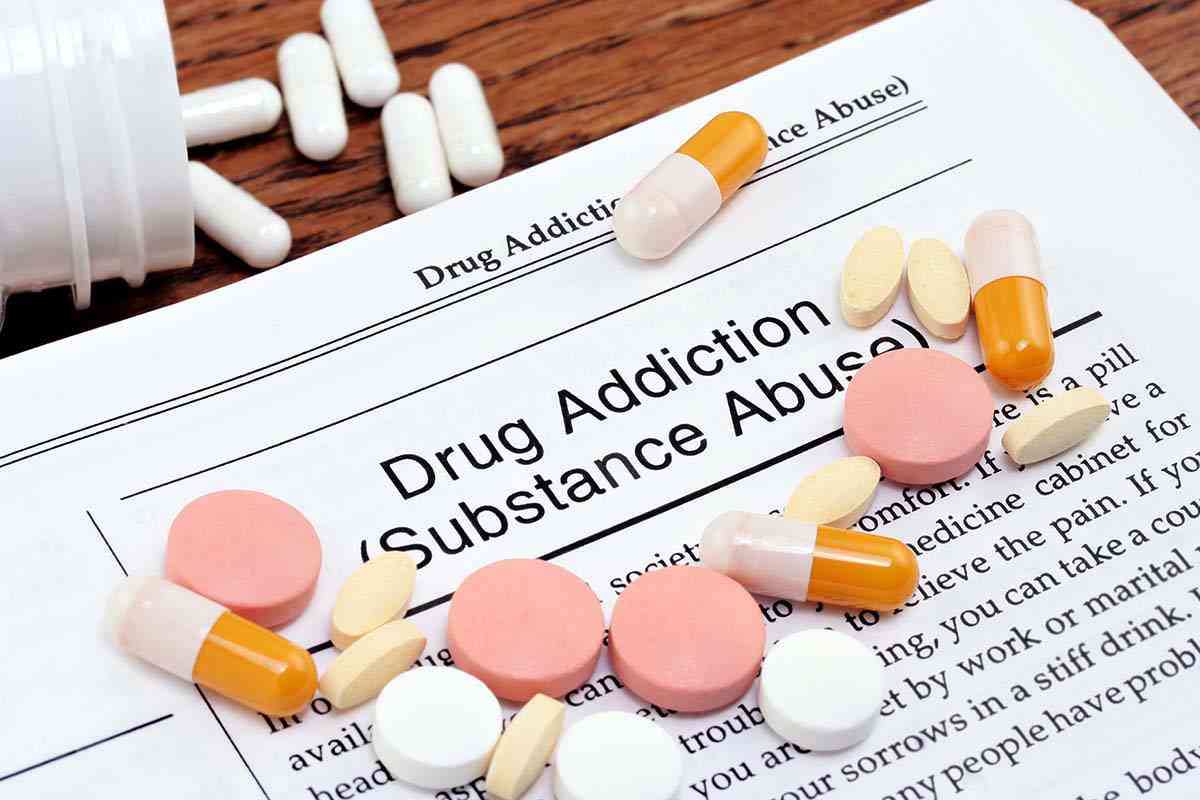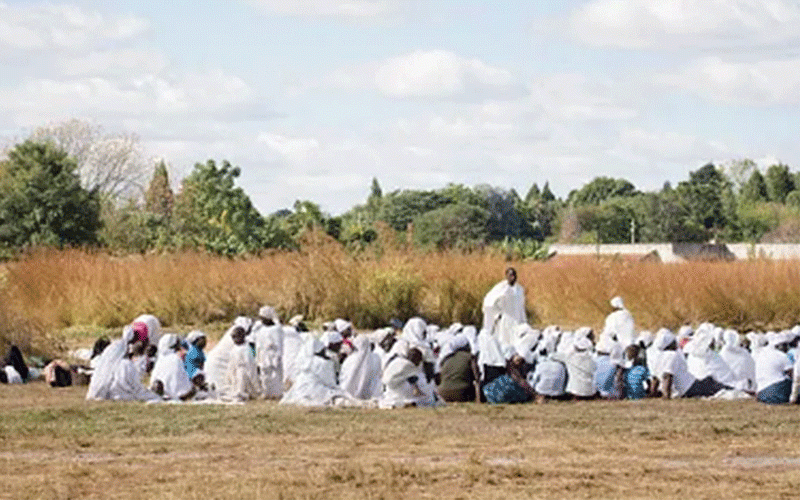
SUBSTANCE abuse remains a significant public health issue in Zimbabwe, exacerbated by a complex interplay of social, economic and psychological factors.
Among these, mob psychology has emerged as a critical aspect influencing substance abuse trends.
This phenomenon, which involves individuals conforming to group behaviour, can lead to alarming increases in drug and alcohol consumption.
Understanding the impact of mob psychology on substance abuse in Zimbabwe requires exploration of statistical trends, psychological underpinnings and potential solutions.
The current landscape of substance abuse in Zim
Zimbabwe has seen a worrying rise in substance abuse over the past two decades.
According to the Zimbabwe National Statistics Agency, about 15% of adults reported having used illicit drugs in 2021, a marked increase from 8% in 2010.
Alcohol consumption has also surged, with the World Health Organisation (WHO) reporting that 6,1 litres of pure alcohol per capita were consumed in 2022, a significant jump from previous years.
- Thousands flee economic mess
- Disband RBZ: Hanke
- 40 000 enumerators threaten legal action
- Zimbos don't want to burden SA's health system
Keep Reading
The rise in substance abuse correlates closely with economic instability, high unemployment rate and social disintegration.
As communities face increasing pressures, mob psychology often manifests at public gatherings, where individuals feel compelled to partake in substance use to fit in or escape their realities.
This behaviour is particularly pronounced among youth, who are more susceptible to peer influence and group dynamics.
The role of mob psychology
Mob psychology refers to the psychological phenomenon where individuals lose their self-awareness and sense of responsibility when they are part of a group.
This can lead to behaviour that they may not engage in individually.
In Zimbabwe, this is evident in various settings, such as street parties, social gatherings and protests, where substance use can become normalised.
A study conducted in 2022 by the University of Zimbabwe found that over 70% of respondents aged 18-35 reported increased substance use in group settings.
The research highlighted that the perception of safety and acceptance within a group can lead to riskier behaviour, including the consumption of drugs and alcohol.
Furthermore, the influence of social media in amplifying these situations cannot be underestimated. Viral videos and posts can glamourise substance use, making it more appealing to the youth.
Regional experiences and comparisons
The challenges of substance abuse driven by mob psychology extend beyond Zimbabwe, reverberating throughout southern Africa.
Understanding the regional dynamics provides valuable insights into the broader societal issues that contribute to these trends.
South Africa
In South Africa, the prevalence of substance abuse has reached alarming levels, particularly among youth.
The South African Community Epidemiology Network on Drug Use reported that more than 25% of young adults engage in binge drinking, often in social settings characterised by peer pressure.
The normalisation of alcohol consumption in social contexts, such as sports events and festivals, creates an environment where young people feel compelled to partake.
Moreover, the rise of social media platforms amplifies these behaviours. Viral trends can glorify substance use, making it appealing to youth who may be seeking social acceptance.
The South African government has responded with various interventions, including awareness campaigns and stricter regulations on alcohol sales, yet the challenge persists, highlighting the need for continuous community engagement.
Malawi
Malawi presents another case of rising substance abuse among its youth, where cultural events often serve as catalysts for drug use.
A 2022 study indicated that over 30% of adolescents reported using drugs during social gatherings.
The interplay of poverty and social disintegration contributes to this trend, with many young people turning to substances as a coping mechanism.
In Malawi, community leaders and non-governmental organisations have initiated programmes to combat this issue, focusing on education and prevention.
These initiatives aim to redefine social norms around substance use, but the effectiveness of such programmes is often hindered by limited resources and widespread economic challenges.
Zambia
Zambia’s situation mirrors that of its neighbours, with increasing rates of alcohol and drug abuse among youth.
According to the Zambia National Drug Policy, approximately 12% of adolescents reported using marijuana and other illicit drugs. Social gatherings, particularly in urban areas, often see a spike in substance use, driven by peer pressure and a desire to fit in.
Government responses have included the establishment of rehabilitation centres and public awareness campaigns.
However, the stigma associated with substance abuse often prevents individuals from seeking help, underscoring the need for community-based support systems that can provide more accessible resources.
Botswana
In Botswana, substance abuse is also a growing concern.
A 2021 report indicated that 18% of the population aged 15-24 had engaged in drug use, often influenced by social dynamics.
The youth are particularly vulnerable, with many feeling societal pressure to conform during social events.
Community initiatives aimed at raising awareness on the dangers of substance use have been implemented, but the effectiveness of these programmes is often limited by cultural attitudes that normalise drinking and drug use.
Comparative analysis
Across southern Africa, several common themes emerge regarding substance abuse influenced by mob psychology:
Peer pressure: In all the countries mentioned, peer influence plays a crucial role in encouraging in substance use, particularly among youth.
Social gatherings often become arenas for excessive drinking and drug use, creating a cycle of normalisation.
Economic factors: Economic instability and high unemployment rates contribute significantly to the rise in substance abuse.
In many cases, individuals turn to drugs and alcohol as a coping mechanism for their circumstances.
Cultural events: Festivals, sports events and other cultural gatherings frequently serve as catalysts for substance use.
These events provide opportunities for individuals to engage in risky behaviour, often under the guise of social acceptance.
Social media influence: The rise of social media has transformed how substance use is perceived among youth.
Viral trends can glamourise drug and alcohol consumption, further perpetuating mob psychology.
Actionable solutions
Addressing the issue of substance abuse exacerbated by mob psychology requires multi-faceted approaches.
Here are several actionable solutions that can be implemented at community and national levels:
Community awareness campaigns: Initiating educational programmes that inform communities about the dangers of substance abuse can help to change social norms.
Engaging local leaders to advocate against drug use can also enhance the effectiveness of these campaigns.
Peer support programmes: Establishing peer-led support groups can provide a safe space for individuals to share their experiences and challenges.
These groups can help mitigate the influence of mob psychology by fostering a sense of belonging that does not rely on substance use.
Youth engagement initiatives: Creating recreational programmes aimed at youth can divert attention away from substance use.
Activities such as sports, arts and community service can provide constructive outlets for energy and creativity.
Policy reform: Advocating for stricter regulations on the availability and marketing of alcohol and drugs can reduce accessibility.
This includes enforcing age restrictions and limiting the hours during which alcohol can be sold.
Mental Health Services: Increasing access to mental health services is crucial. Providing counselling and psychological support can help individuals cope with underlying issues that may lead to substance use, thereby reducing the likelihood of mob behavior.
Research and monitoring: Ongoing research into the trends and causes of substance abuse is essential.
Establishing a database to monitor substance use patterns can inform policymakers and community leaders about emerging issues and effective interventions.
On this score, the impact of mob psychology on substance abuse trends in Zimbabwe is a pressing concern that reflects broader regional challenges.
As communities grapple with economic and social pressures, the tendency for individuals to engage in substance use within group settings becomes more pronounced.
However, by implementing targeted strategies that focus on education, support, policy reform and mental health, it is possible to mitigate these effects and foster healthier communities.
Addressing the root causes of substance abuse through collective action is essential in transforming the narrative from one of chaos to resilience.
- Raymond Tendai Rusinga is a writer and researcher based in Zimbabwe. He can be contacted on +263 776 206 227 or email: rayrusinga02@gmail.com. He writes here in his personal capacity.










